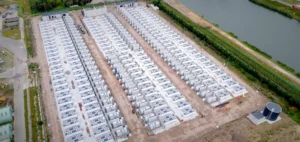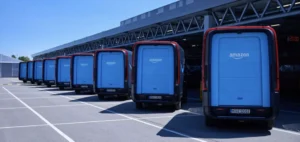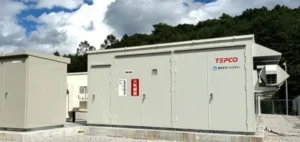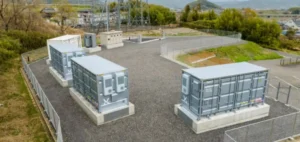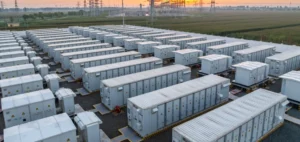Italian energy group Eni has launched a joint venture with Seri Industrial to develop an industrial-scale production of stationary lithium iron phosphate batteries. The project, located at the Brindisi site, marks a new step in Eni’s shift toward energy storage-related industrial segments.
A target of 8 GWh per year
The joint structure, named Eni Storage Systems, plans to reach an annual capacity of more than 8 gigawatt-hours. It will produce batteries intended for fixed storage systems, designed to meet energy demand when renewable sources such as wind and solar are not available. The project is currently in the engineering phase and is undergoing economic, financial and regulatory evaluations.
A partnership targeting the European market
Eni and Seri Industrial aim to capture more than 10% of the European stationary battery market. This industrial direction follows Eni’s earlier announcement of closing its last two steam cracking units in Italy. The two companies are positioning their joint venture as a key player responding to rising demand for storage solutions.
Recycling and access for other operators
The Brindisi site will also host a future battery recycling unit. This facility will be accessible to other industry players, according to the partners. Eni has already committed EUR2bn ($2.35bn) to various projects including bio-refineries, chemical recycling and battery development, as part of its industrial restructuring plan.


















